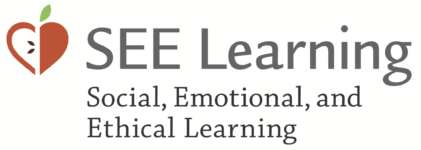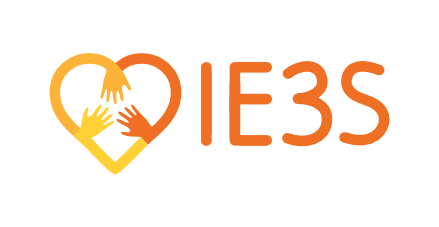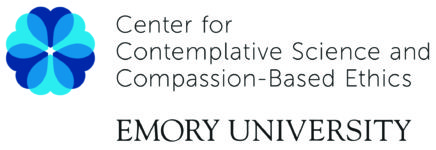Initiative for an Emotional, Ethical, and Social Education
For an all-rounded education that includes the development of human values and social skills
Initiative for an Emotional, Ethical, and Social Education
A civilian and educational community’s non-profit initiative which objectives are:
To promote universal and fundamental values in education with the motivation of improving the welfare of students, their environment and the world in which we live in. Driven by a non-profit organization to facilitate universal access to this type of pedagogical initiatives.
To make available pedagogical proposals and educational materials that facilitate the learning of social skills and emotional management, which also include a universal and secular ethical aspect and a vision of a global world.
To promote, with the support of Emory University (Atlanta, USA), the educational program known as Social, Emotional and Ethical Learning™.
The Social, Emotional and Ethical Learning – SEE Learning

“Social, Emotional, and Ethical Learning (SEE Learning™) is an educational program developed at Emory University for international use with the vision of “a compassionate and ethical world for all.” SEE Learning™ is the culmination of an academic collaboration that began in 1998 between Emory University and the Dalai Lama, united by the common vision of an education of heart and mind. The program conveys a universal, non-sectarian, and science-based approach to bringing the ethical development of the whole child into education.”
Aims
to provide pedagogical methodologies that facilitate the integration and cultivation of social skills, emotion regulation, and ethical values.
Its approach
is based on own and shared experience, critical thinking and scientific evidence.
It's grounded in the idea
that education can, and indeed should prepare students to make responsible decisions in a globalized world and encourage values and competencies that lead to a life with meaning and well-being.
Its vision
is to contribute, from education, to the well-being of children and youth and that of their surroundings, as well as to a more human and ethical world.
It’s…
social,
because it actively contributes to the promotion of prosocial skills and attitudes;
emotional,
because it provides each student with techniques and resources to constructively manage their own emotions and those of others;
and ethical learning,
because it fosters an ethics of responsibility that starts from critical thinking and personal discovery, with a universal approach acceptable to all types of people and cultures.
Timeline
2019-2020
First round of educators training
Translation and adaptation of materials
Development of educational projects in selected communities
First pilot experiences at selected schools
2020-2021
Implementation of the curriculum in selected schools
Monitoring and evaluation of the experiences
Evaluation of the materials
2021-2022
Implementation of the curriculum in selected schools
Monitoring and evaluating the experiences
Research pilot study
Publicly sharing the results of the pilot study in conferences and lectures
Under Development
The SEE Learning program is under development and its effectiveness will be investigated globally over the next few years and appropriate adjustments will be made to improve it. In this sense, pilot implementations for the adaptation and evaluation of the program will be promoted.
Training
The program will have a training course, still under development, which will be aimed primarily at primary or secondary school teachers. Training for other teachers or in schools will fall to educators who may be accompanied by experts from relevant fields.
Schools and Educators
 |
Eulàlia Guiu Puget, PhD General Coordinator eulalia.guiu@udg.edu |
 |
Eulàlia Guiu Puget, PhD Associate Professor |
 |
Amapola Povedano Díaz, PhD Associate Professor |



